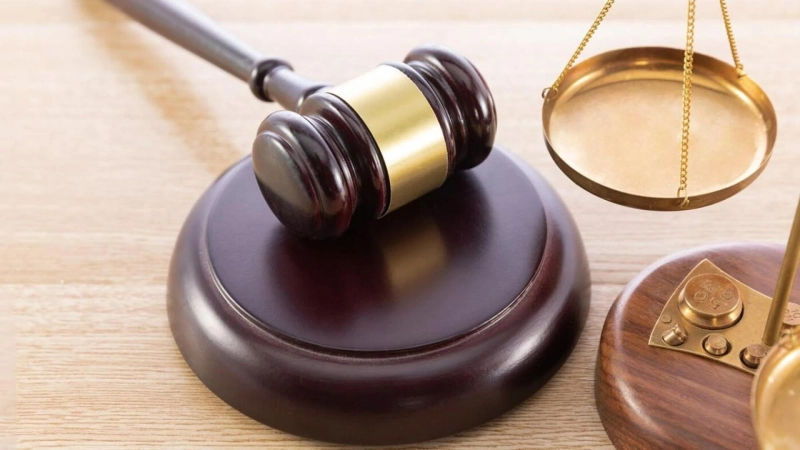In the realm of Indian law, the Indian Penal Code (IPC) serves as a cornerstone, defining and categorizing various offenses and their corresponding punishments. Section 324 of the IPC deals with a specific type of offense, but whether it is bailable or non-bailable depends on several factors. In this article, we will delve into the details of 324 ipc bailable or not, its implications, and whether it is considered a bailable or non-bailable offense.
Overview of Section 324 IPC
Section 324 of the Indian Penal Code deals with the offense of voluntarily causing hurt by dangerous weapons or means. The section reads as follows:
"Whoever, except in the case provided for by section 334, voluntarily causes hurt by means of any instrument for shooting, stabbing, or cutting, or any instrument which, used as a weapon of offence, is likely to cause death, or by means of fire or any heated substance, or by means of any poison or any corrosive substance, or by means of any explosive substance to any person, or causes grievous hurt to any person, shall be punished with imprisonment of either description for a term which may extend to three years, or with fine, or with both."
In simpler terms, this section deals with cases where an individual intentionally causes hurt to another person using dangerous weapons or substances.
Bailable or Non-Bailable?
Whether an offense under Section 324 IPC is bailable or non-bailable depends on the circumstances of the case, including the severity of the injury caused and the discretion of the court. Let's explore both scenarios:
Bailable Offense: In cases where the injuries inflicted are not grievous and the court determines that the accused is not likely to abscond or tamper with evidence, the offense may be considered bailable. This means that the accused can apply for bail, and if the conditions set by the court are met, they can be released from custody pending trial.
Non-Bailable Offense: However, if the injuries caused are severe or grievous, or if the court believes that the accused poses a threat to the victim or the public, the offense may be treated as non-bailable. In such cases, the accused cannot be released on bail as a matter of right and would need to approach the court for bail, which may be granted or denied based on various factors.
Factors Affecting Bail Decision
Several factors influence whether an offense under Section 324 IPC is considered bailable or non-bailable:
Severity of Injury: The extent of the injury caused to the victim is a significant factor. If the injuries are minor or not life-threatening, the offense may be treated as bailable. However, if the injuries are severe or grievous, the offense is more likely to be considered non-bailable.
Criminal Record: The accused's past criminal record, if any, may influence the bail decision. Repeat offenders or those with a history of violent behavior may be denied bail to prevent further harm to the victim or society.
Likelihood of Absconding: The court assesses the likelihood of the accused fleeing to evade trial. If the accused is deemed to be a flight risk, bail may be denied to ensure their presence during court proceedings.
Threat to Public Safety: If the court believes that releasing the accused on bail would pose a threat to public safety or the victim's well-being, bail may be denied to protect the interests of society.
Legal Precedents
In Indian jurisprudence, several legal precedents exist regarding bail decisions in cases under Section 324 IPC. Courts consider past judgments and legal principles while determining whether bail should be granted or denied in specific cases. These precedents help ensure consistency and fairness in the application of law.
Conclusion
Section 324 of the Indian Penal Code deals with the offense of voluntarily causing hurt by dangerous weapons or means. Whether this offense is considered bailable or non-bailable depends on various factors, including the severity of the injury, the accused's criminal record, and the likelihood of absconding. While less severe cases may be treated as bailable, cases involving grievous injuries or posing a threat to public safety are more likely to be deemed non-bailable.
As with any legal matter, each case is unique, and bail decisions are made based on the specific circumstances and merits of the case. It is essential for individuals accused of offenses under Section 324 IPC to seek legal counsel and understand their rights and options regarding bail. Legal assistance can help navigate the complexities of the legal system and ensure fair treatment under the law.



